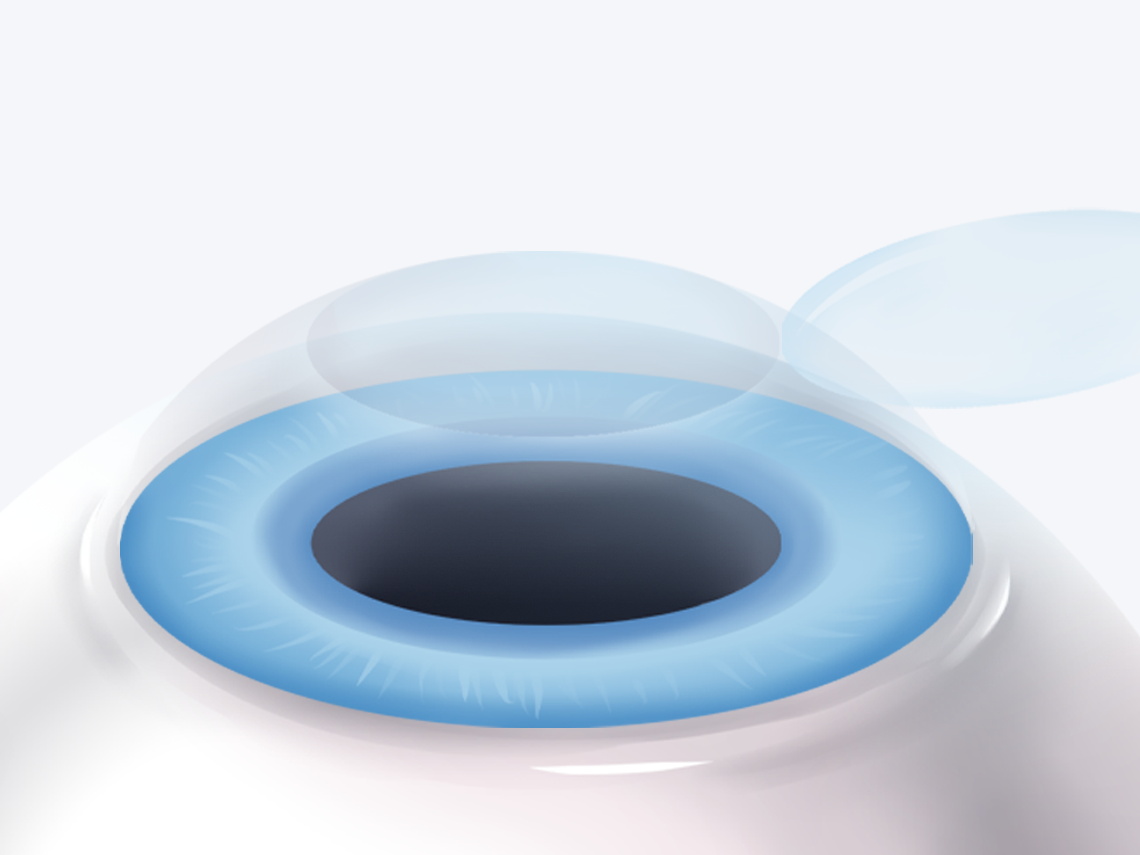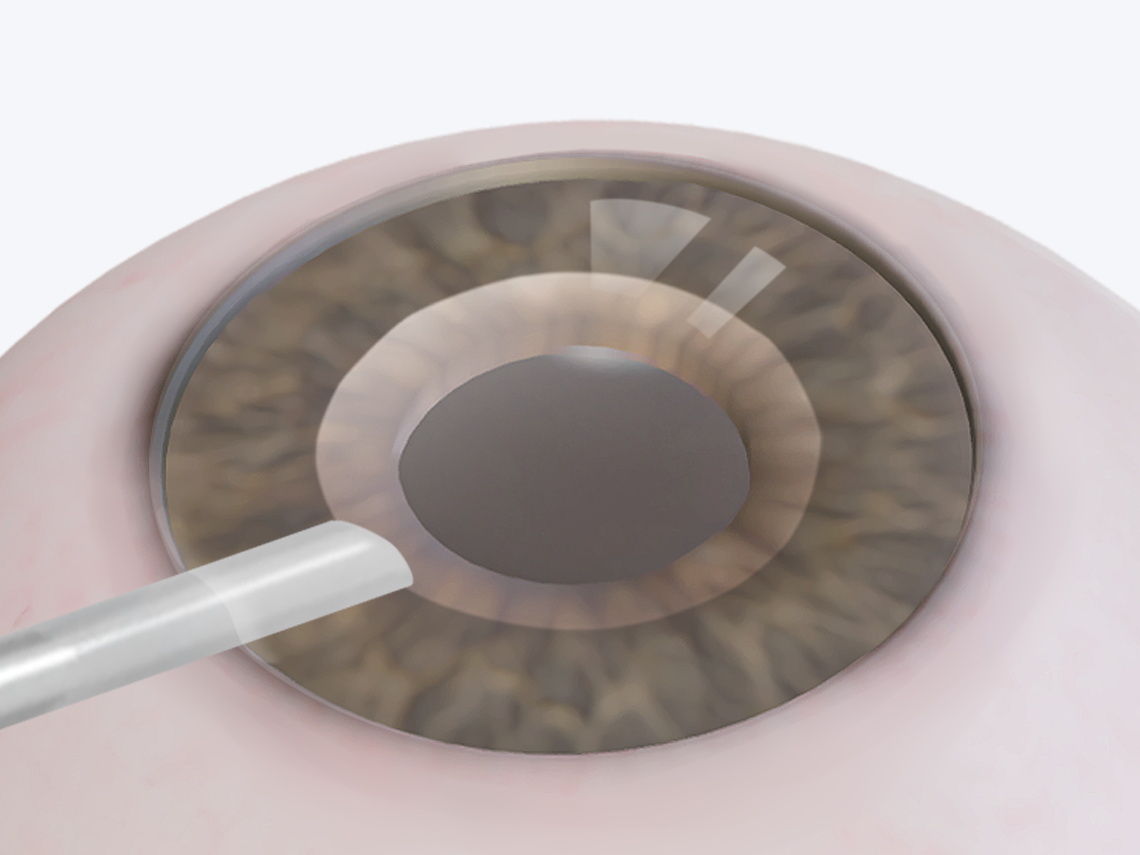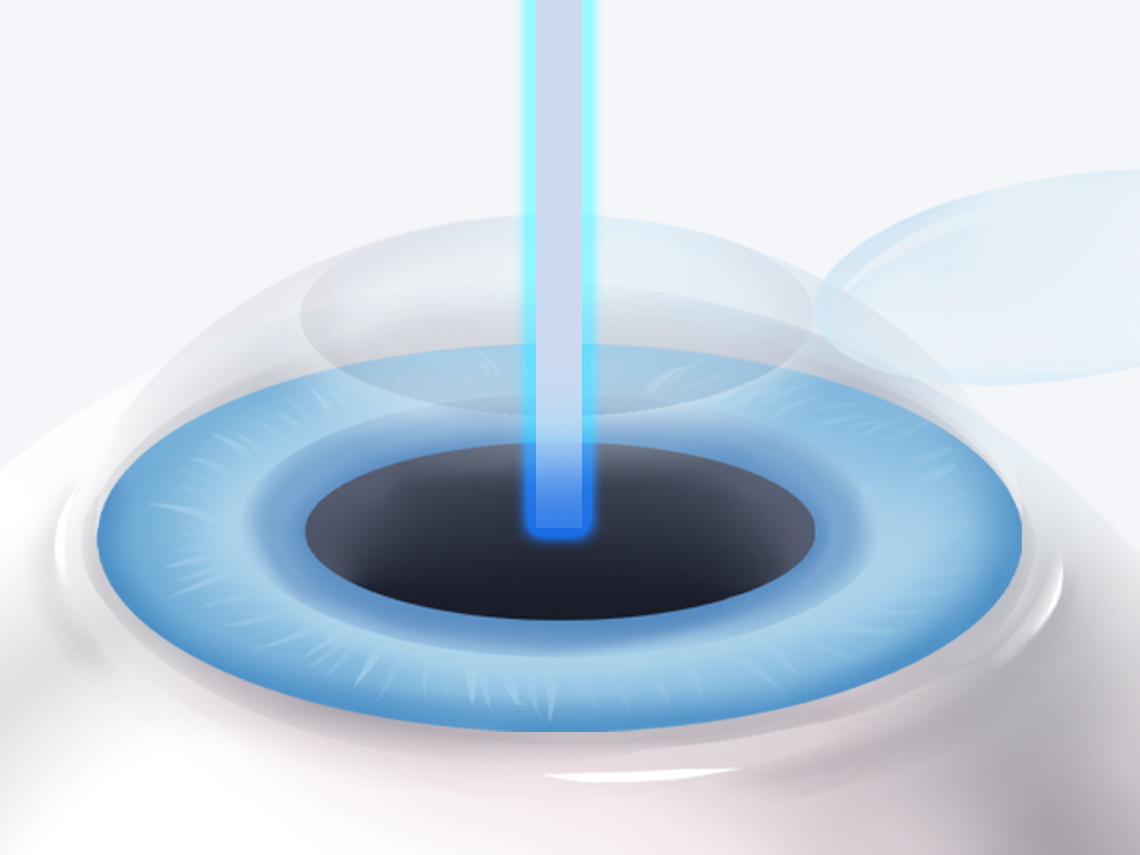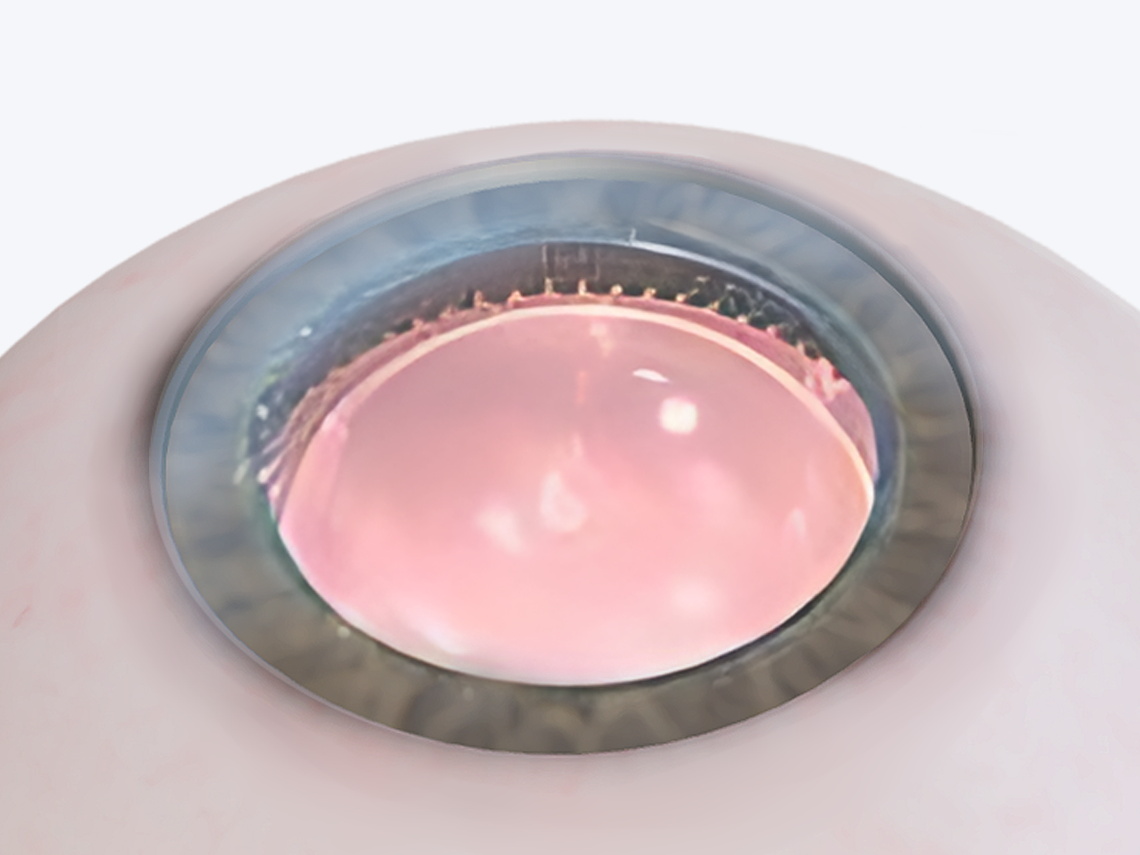How much does eye surgery generally cost?
In general, eye surgeries can be divided into four main types, with corresponding reference prices as follows: SMILE (Small Incision Lenticule Extraction) laser surgery for myopia, priced at approximately 18,000–25,000 yuan per session; LASIK (Laser-Assisted In Situ Keratomileusis) with femtosecond laser, priced at approximately 10,000–16,000 yuan per session; TransPRK (Total Surface Ablation) laser surgery, priced at approximately 18,000–25,000 yuan per session; and ICL (Implantable Collamer Lens) implantation surgery, priced at approximately 30,000–40,000 yuan per session. Factors influencing the cost of eye surgery include hospital tier, surgical equipment, and the patient's individual eye condition.
Different types of eye surgeries and their reference prices:
Procedure Name |
SMILE Laser Surgery for Myopia |
LASIK with Femtosecond Laser |
TransPRK Laser Surgery for Myopia |
ICL Implantation Surgery |
Reference Price |
18,000–25,000 yuan/session |
10,000–16,000 yuan/session |
18,000–25,000 yuan/session |
30,000–40,000 yuan/session |
Principle |
A femtosecond laser performs two scans at different depths within the corneal stroma to create and remove a lenticule. |
A femtosecond laser first creates a corneal flap, followed by excimer laser ablation of the corneal stroma. |
The laser removes the corneal epithelium and precisely corrects refractive errors through the epithelial layer—bladeless, flapless, gentle, and contact-free. |
A small incision is made in the cornea, and an ultra-thin collamer lens is implanted in front of the natural lens. |
Illustration |
|
 |
|
|
Suitable Candidates |
Patients with myopia under 900 degrees, sufficient corneal thickness, and those who are physically active. |
Patients requiring a wide range of vision correction and whose corneas meet the requirements for laser surgery. |
Patients with mild to moderate myopia or insufficient corneal thickness for SMILE or LASIK procedures. |
Patients with very high myopia (≥1000 degrees), or those with moderate to high myopia and thin corneas. |
Recovery Period |
1–2 days |
1–2 days |
3–5 days |
3–7 days |
Duration of Effect |
25–30 years |
25–30 years |
25–30 years |
25–30 years |
Advantages |
1. Small incision |
1. Lower risk |
1. Relatively stable results |
1. No corneal cutting required |
Potential Risks |
1. Corneal flap complications |
1. Flap displacement |
1. Possible impact on visual quality |
1. Cataract development |
Factors affecting the cost:
1. Hospital Services
Differences in facilities and services among hospitals lead to variations in pricing.
2. Surgical Equipment
There are various types of laser surgeries, and each hospital may use different equipment. Generally, more advanced technology results in higher costs.
3. Patient’s Eye Condition
The patient’s ocular health significantly affects the price. For example, individuals with additional eye conditions may not qualify for standard myopia surgery, potentially requiring more complex treatments that increase the overall cost.
When choosing a surgical option, patients should consider both their individual eye conditions and financial circumstances, and seek treatment at reputable, professional ophthalmic hospitals.









